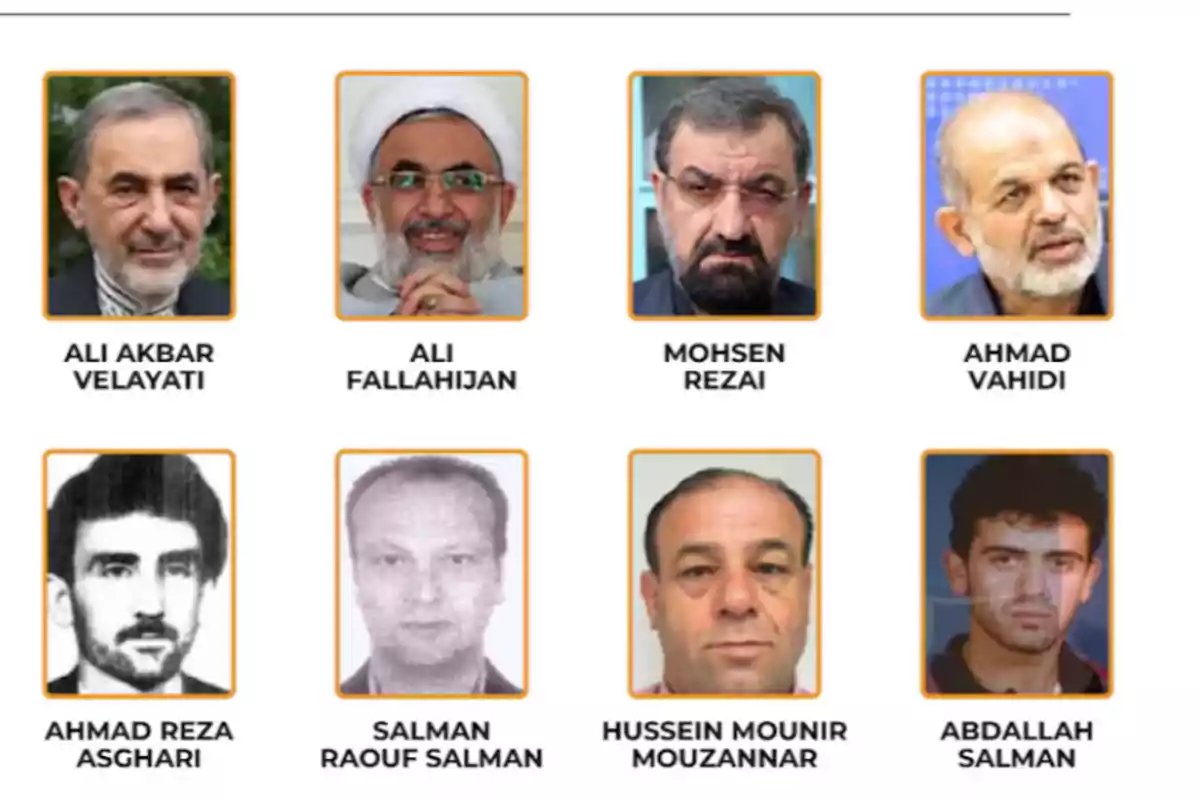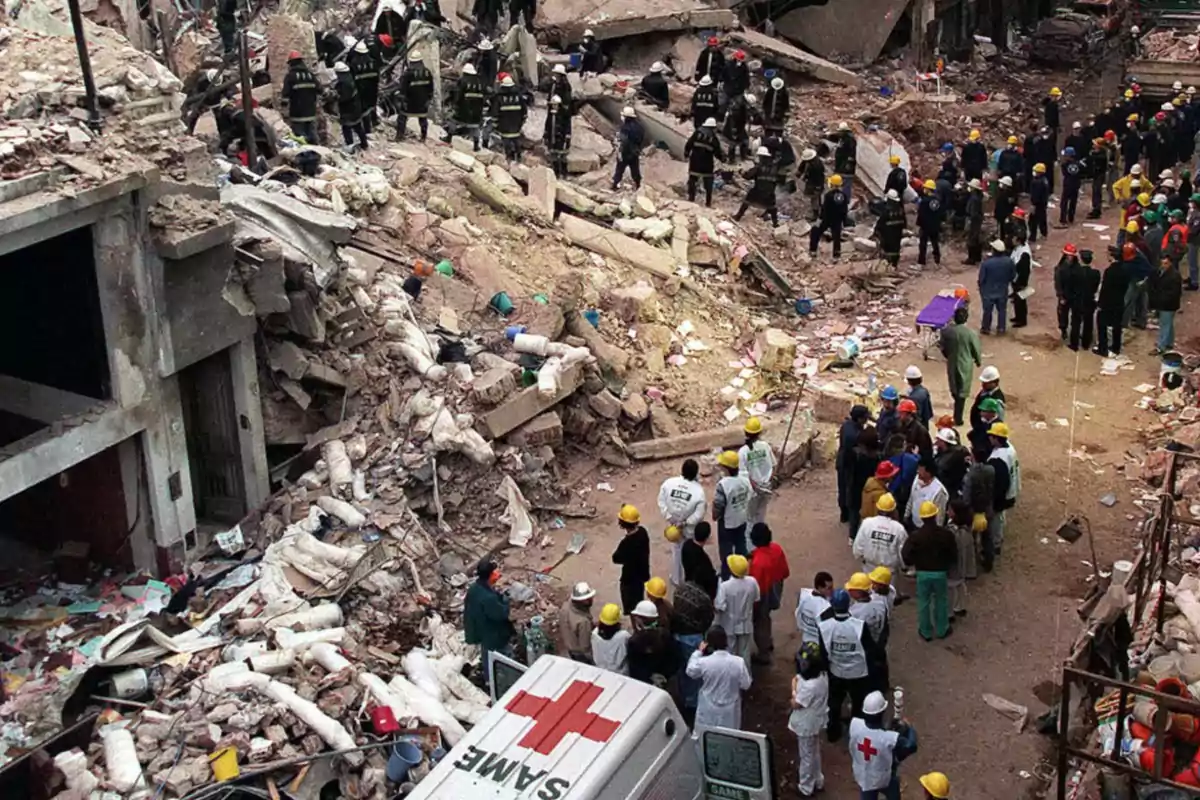
AMIA: The judiciary will conduct a trial in absentia for the ten Iranian terrorists
The majority are current or former officials of the Iranian terrorist regime
Federal Judge Daniel Rafecas authorized the first trial in absentia in Argentine judicial history. It will be for the ten individuals accused of planning and ordering the attack on the AMIA in 1994, which left 85 dead. All those involved have been fugitives for almost two decades.
The decision comes after a request from Prosecutor Sebastián Basso, head of the UFI AMIA, and is framed within the law passed this year by Congress, which allows trials in absentia for serious crimes such as terrorism and crimes against humanity.
Who are the accused and why they haven't been tried

The defendants are of Iranian and Lebanese origin, and have had Interpol red notices since 2006, but they've never been detained. Among them are:
- Alí Fallahijan
- Alí Akbar Velayati
- Mohsen Rezai
- Ahmad Vahidi
- Hadi Soleimanpour
- Mohsen Rabbani
- Ahmad Reza Asghari
- Salman Raouf Salman
- Abdallah Salman
- Hussein Mounir Mouzannar
The majority are current or former officials of the Iranian regime. Because Iran doesn't extradite its citizens, and international alerts aren't activated in certain countries for political reasons, the case has remained stalled for years.
What the trial in absentia means

The law approved this year, promoted by the national government, allows people to be tried for serious crimes even if they're not physically present. The regulation applies when the defendants:
- Have been fugitives for at least four months
- Are accused of terrorism or crimes against humanity
Additionally, the legislation provides that the accused may request a new trial if they voluntarily appear during or after the process.
Voices in favor of the trial in absentia
Judge Rafecas cited international precedents such as the Nuremberg trial, where Nazi leaders were tried in absentia, and argued that this tool guarantees the rights of the victims and prevents impunity.
Prosecutor Basso and attorney Tomás Farini Duggan, who represents victims' families, formally requested the application of the trial in absentia. AMIA and DAIA also supported it.
What comes next in the case
The ruling doesn't imply an immediate referral to oral trial. From now on:
- The parties have three business days to appeal
- The Federal Chamber must review the decision
- The prosecution must request formal indictments
Once these stages are completed, the accused will be in a legal position to be tried for one of the worst terrorist attacks in Argentine history.
More posts: